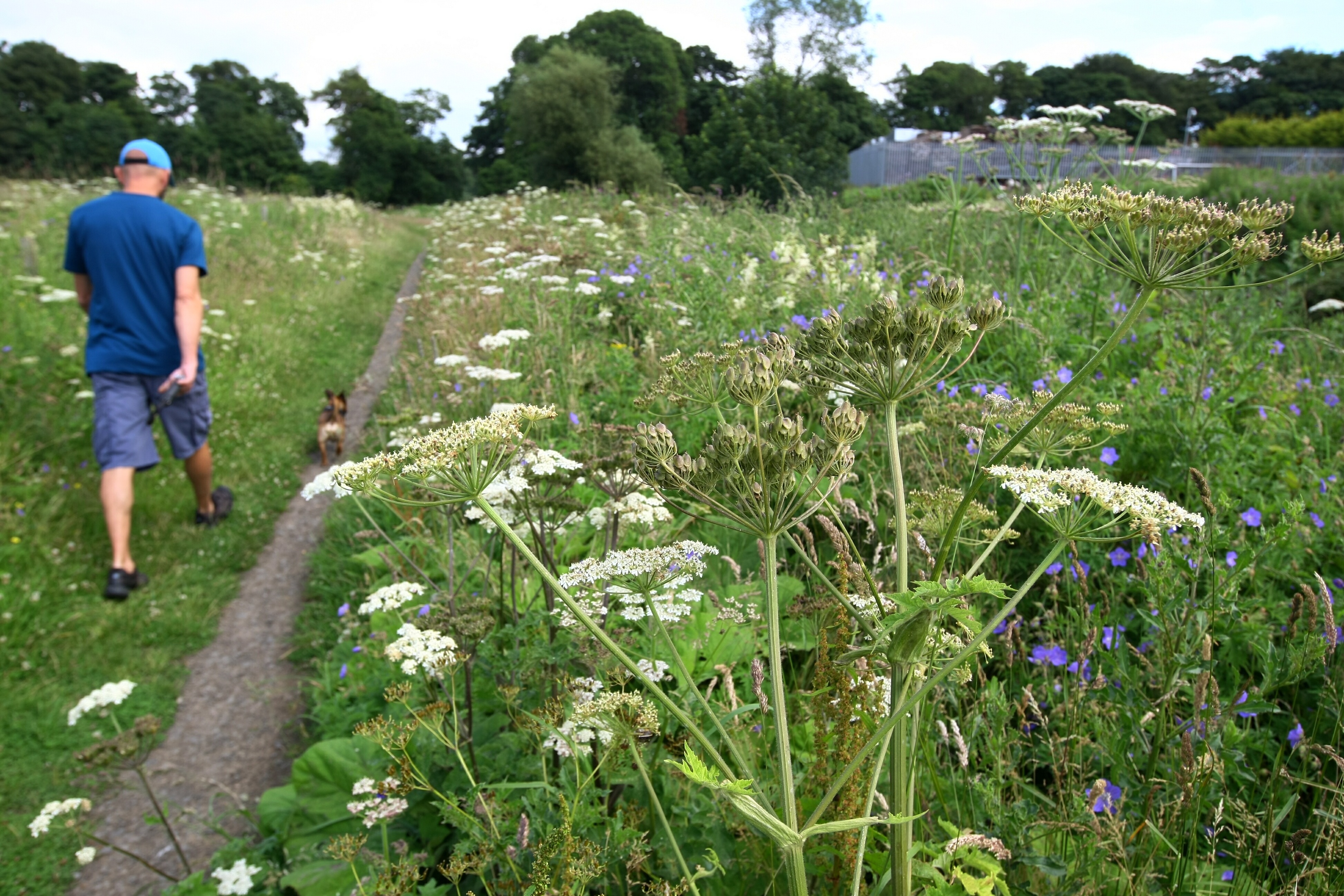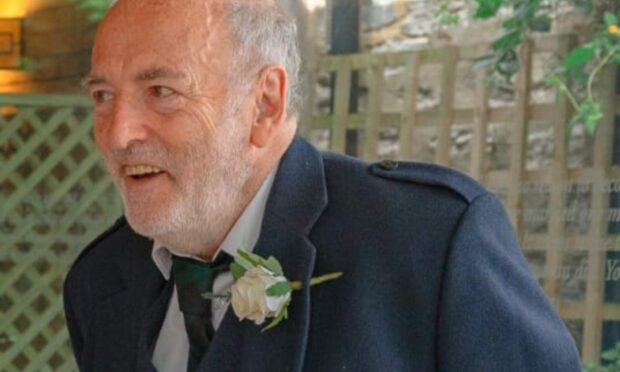Councils across Tayside and Fife have no plans to discontinue use of glyphosate weedkiller, despite other UK local authorities doing so.
The pesticide, which is the active ingredient in the product, Roundup, has been phased out of use over the last 12 months by Edinburgh City Council.
Figures released under Freedom of Information legislation show Dundee City Council uses seven different pesticides to control the build up of weeds – Garlan Ultra, Chikkara, Roundup Pro, Pistol, Ferromex, Qualqex and Greenor.
All are classed as herbicides and used to combat a variety of issues including invasive hogweed, moss treatment, selected lawn treatment and general weed-killing.
The European Union will vote in November on whether to renew the chemical’s license for a further ten years.
It is expected glyphosate will be re-licensed by the end of the year but the Commission has made clear for this to happen EU member states must deliver qualified majority support.
Glyphosate use is opposed by environmental groups, despite the European Chemicals Agency declaring it is not a potential carcinogen.
European countries are considering phasing out use of the chemical because of health concerns.
French Prime Minister Edouard Philippe reiterated Paris would vote against the European Commission’s proposal to extend the license for glyphosate for 10 years, citing uncertainty about its safety.
Approximately 35,000 litres of glyphosate was sprayed on city streets, internal pathways and planted areas in Dundee during the same time period but the council stressed it is diluted with water to just 2% concentration.
The cost of applying the chemical in Dundee in 2016-17 was approximately £95,000, according to council figures.
The council estimates a replacement for Roundup would cost the local authority four to five times more than what they currently pay and alternatives are less effective weedkillers.
A spokesperson for Dundee City Council said: “In common with other weedkillers the council uses, Roundup meets all current European and UK regulations.
“It is proven to be efficient, practical and effective in controlled application and forms part of an integral approach to ground maintenance and environmental management across the city.
“While we constantly keep under review all of the products we use, there are currently no plans to discontinue the use of this one.”
Perth and Kinross Council also “actively” use glyphosate and said it has no plans to discontinue its use unless advised to do so by the Scottish Government.
A spokesperson for Perth and Kinross Council said: “Weed-killing and agricultural contractors actively use glyphosate.
“Spraying operations are risk-assessed and performed by trained staff in appropriate weather conditions.
“Glyphosate is available in a number of different formulations and is deemed to be one of the safest and most effective weed-killing products available.
“The council is aware of the consideration being given to glyphosate and will comply in full with changes, if any, are decided by the government, as we have always done when the classification of chemicals for use in public areas has been changed.”
A Fife Council spokesperson confirmed it still uses the chemical in its weed-killing operations and has no plans to phase out its use. The Fife authority has said that their use of the chemical is regulated by the Scottish Environment Protection Agency.
Angus Council was contacted for comment but none was forthcoming. It is unclear whether it still uses the chemical as a weedkiller.










